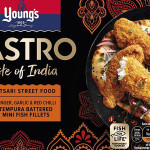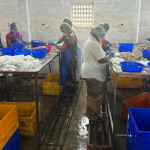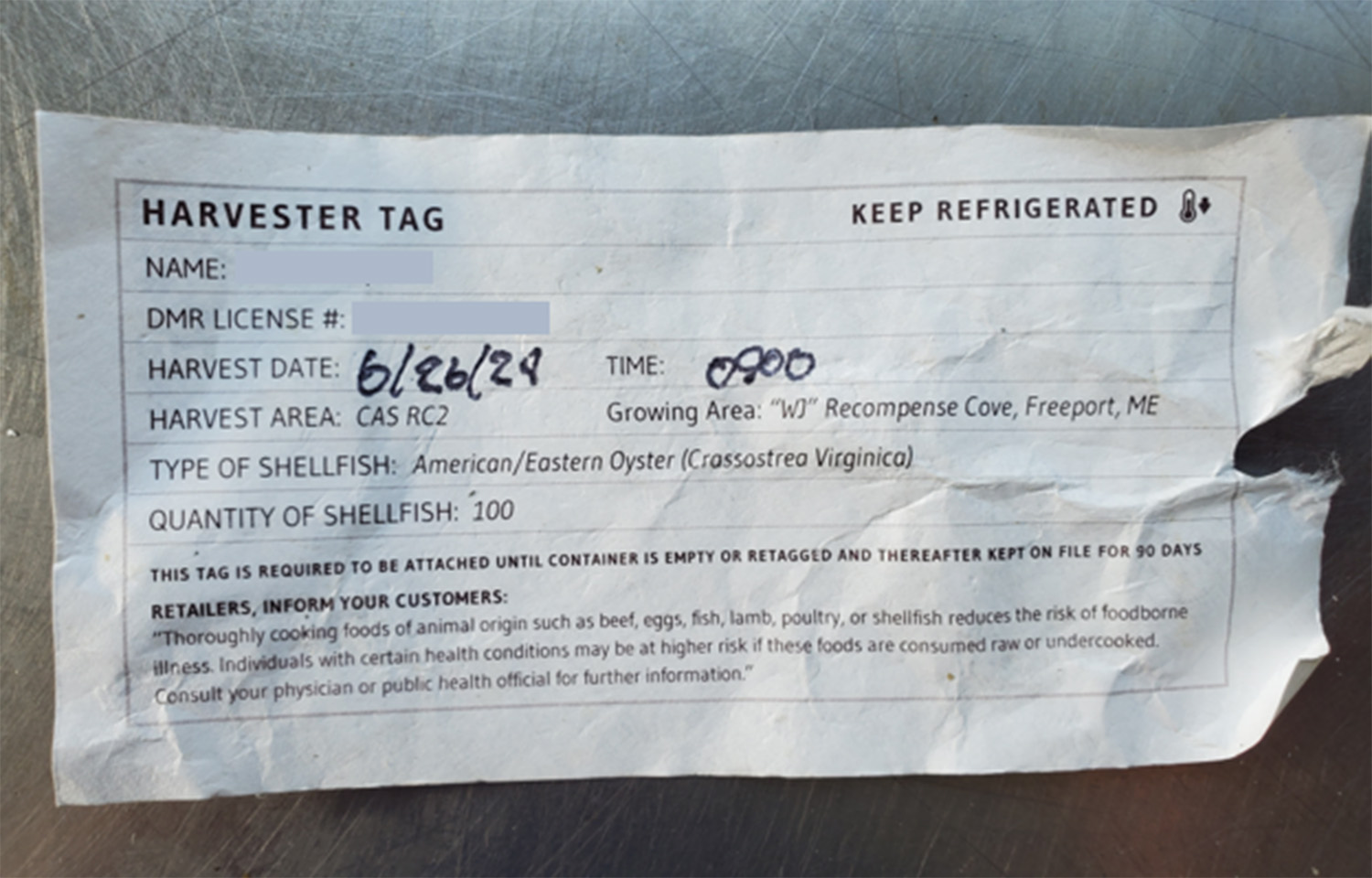The U.S. Food and Drug Administration (FDA) is advising restaurants and food retailers not to serve or sell, and consumers not to eat, recalled oysters from Recompense Cove in Freeport, Maine, U.S.A., because they may be contaminated with Campylobacter bacteria.
“These oysters have been associated with a Campylobacter illness outbreak in Maine,” the FDA said in a press release.
The agency said it is in communication with Maine and other U.S. states about the distribution of the oysters and will continue to monitor the investigation and help state authorities as needed. The agency advised consumers, retailers, and restaurants to dispose of the oysters.
The oysters were harvested between 19 June 2024 and 16 July 2024 from harvest sites CAS RC2 and CAS RCX and shipped to distributors in the U.S. states of California, Connecticut, Delaware, Florida, Massachusetts, Maryland, Maine, Michigan, New Hampshire, New Jersey, Nevada, New York, Pennsylvania, and Vermont, as well as the province of Ontario, Canada, The oysters may have been distributed to other states, as well.
On 11 July, the Maine Department of Marine Resources (ME DMR) notified the FDA of an outbreak of Campylobacter illnesses associated with the consumption of certain oysters from Recompense Cove. The Maine Department of Marine Resources closed the CAS RC2 and CAS RCX harvest areas and recalled the oysters.
Oysters contaminated with Campylobacter bacteria can cause illness if eaten raw and potentially life-threatening illness in people with compromised immune systems, the FDA said.
Restaurants and retailers should dispose of any recalled products by throwing them in the garbage or returning them to their distributor for destruction, FDA said.
Retailers, restaurants, and other foodservice operators that have processed and packaged any potentially contaminated products need to be concerned about cross-contamination of cutting surfaces and utensils through contact with the potentially contaminated products. Retailers that have sold bulk product should clean and sanitize the containers used to hold the product.








